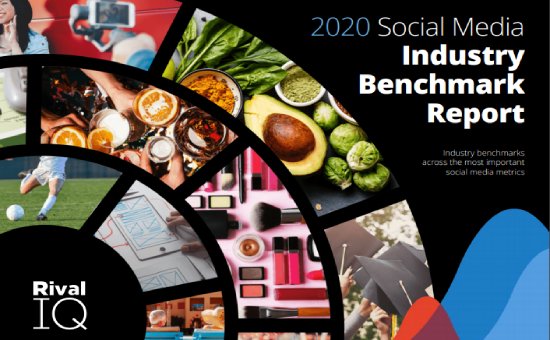The Responsible AI Advantage: Guidelines for Ethical Innovation | Grammarly
Artificial Intelligence
Introduction
In our increasingly digital world, businesses are turning to artificial intelligence (AI) to enhance workflows and communication. However, this widespread adoption introduces risks like bias, social manipulation, and ethical challenges. Therefore, implementing AI responsibly has become crucial. Companies must prioritize mitigating these risks to protect their employees, data, and reputation.
Responsible AI is not just about developing effective and compliant systems; it’s about ensuring fairness, minimizing bias, promoting safety, and aligning with human values. According to Grammarly’s report, over half of professionals are concerned about AI issues, such as privacy, security, quality control, and bias. For chief information security officers (CISOs), establishing a responsible AI strategy is essential for maintaining safety and efficacy in their organizations. This involves proactively addressing AI risks, building user trust, and aligning AI efforts with organizational values and regulatory standards.
At Grammarly, our Responsible AI (RAI) team focuses on achieving user-centric and product-focused outcomes while balancing technical and brand considerations. Recognizing the importance of these challenges, we created a dedicated team of analytical linguists, researchers, and machine learning engineers to address AI risks. This team also provides in-house security expertise to tackle AI vulnerabilities.
To assist security leaders in deploying AI ethically and safely, we are sharing Grammarly’s Responsible AI framework, which outlines our approach to building AI responsibly. Our aim is that the processes and principles we have developed to ensure our AI systems are safe, fair, and reliable will serve as a guide for you to implement your own practices. With these guidelines, you can enhance AI capabilities, strengthen security, uphold ethical standards, and gain a competitive edge in today’s market.
Chapter 1 Pillars of Responsible AI
Creating a responsible AI framework begins by identifying a business’s core values and drivers. This framework should focus on the user’s experience with the AI product and its outputs, ensuring an additional layer of protection between AI-generated solutions and human users. Organizations must also establish robust privacy and security measures before deploying AI systems to manage sensitive and confidential business data.
The primary goal of any responsible AI initiative should be to develop ethical principles that guide AI development and user interactions. With these principles in place, businesses can establish processes like evaluation frameworks, risk assessments, escalation procedures, and issue severity rating systems.
At Grammarly, our mission has always been to enhance global communication. When defining our principles for responsible AI, we started by committing to safeguard our users’ thoughts and words. We examined various industry guidelines, gathered user feedback, and consulted experts to understand communication challenges and language issues our users might face. This comprehensive assessment of industry standards and best practices helped us establish the foundation of our responsible AI principles. Given our focus on language, we deeply understand the importance of words.
The core pillars we developed—transparency, fairness, user agency, accountability, privacy, and security—reflect the key themes of our work and serve as our guiding principles for all AI development. These principles, which will be detailed in the next section, are our North Star in creating responsible AI solutions.
Discover how to implement responsible AI practices effectively. Download Grammarly’s comprehensive guide to ensure your AI systems are ethical, secure, and aligned with your business values. Click here to continue reading and access the guide now!
- Introduction
- Chapter 1 Pillars of Responsible AI
- 1.1 Upholding Transparency
- 1.2 Championing Fairness and Safety
- 1.3 Fostering User Agency
- 1.4 Embracing Accountability
- 1.5 Preserving Privacy & Security
- Chapter 2 Additional Considerations When Designing a Responsible AI Approach
- Chapter 3 Grammarly’s Unique Approach To Responsible AI
- Conclusion
Number of Pages:
- 17 pages
Pricing:
- Free






